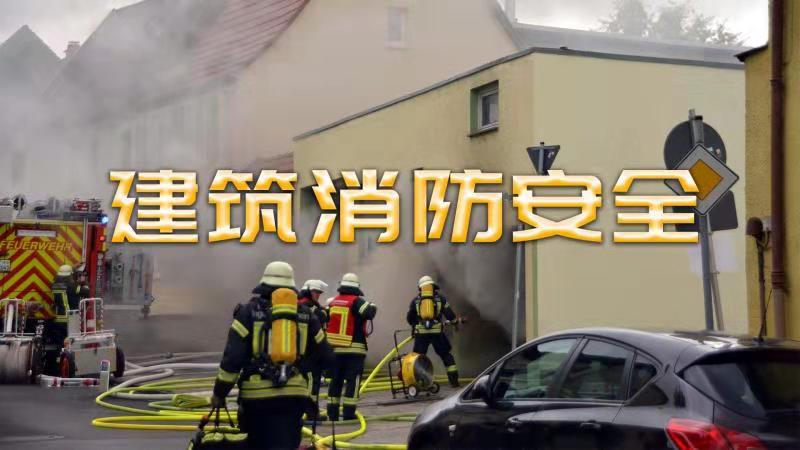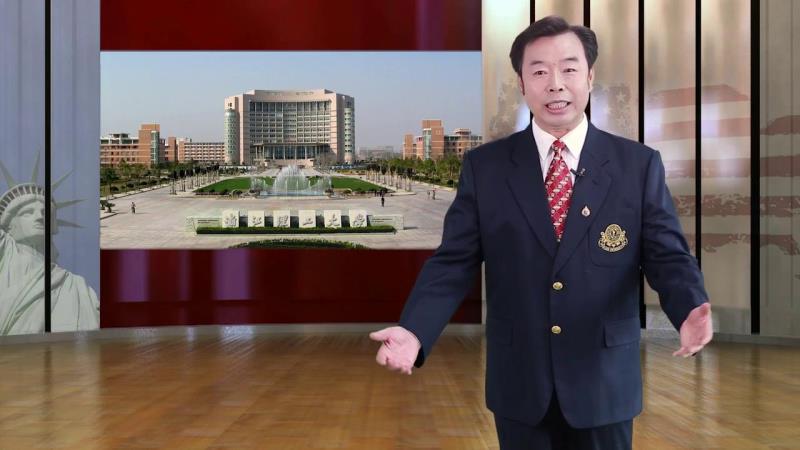
当前课程知识点:Research Methods in Tourism Studies > Week 3 Research Design I > 3.3 Case Study and Content Analysis > 3.3.2 Content analysis
返回《Research Methods in Tourism Studies》慕课在线视频课程列表
返回《Research Methods in Tourism Studies》慕课在线视频列表
第二个研究的想法是由一个有趣的观察结果引发的
即顾客关注经济型酒店的不同酒店特色
这与他们在全套服务或豪华酒店中的行为非常不同
由于到本研究时为止
在微观层面上
如在经济型酒店部门内的客户满意度方面的了解还很有限
所以我们开始这项研究是通过检查在线评价或评论
我们称之为如家快捷酒店的评论
现在人们喜欢在网上分享评价
这已经成为我们了解客户对经济型酒店看法的一个很好的来源
因此我们从如家快捷酒店的官方网站上提取了3000条评论
并进行了内容分析
我们用了一个叫Nvivo的软件
这就是原始数据的样子
数据大部分为中文
因为中国的经济型酒店主要吸引国内客户
有些评论很简短
只有几个字 几个字符
但有些则很详尽
但是即使有简短的评论
它们也提供了大量的信息
一个句子通常包含几百万个单位或文本单位
正如我们在论文中所说的那样
在这样的背景下
本研究的主要目的是确定消费者在网上评论中
关注的经济型酒店的哪些方面
会对中国经济型酒店客人的满意度或不满有影响
因此 有了这一认识
我们就能够为经济型酒店管理者提供提高产品和服务质量的建议
因此 我们使用的主要分析技术是内容分析
如您所见 我们可以分析和记录分析结果的项目很多
我们很难手动完成这项工作
因此 我们使用了一个名为Nvivo的软件
该软件非常有用
该软件可以帮助我们以非常系统的方式组织和记录我们的编码和类别
而且频率计数变得更加容易
读取每个代码下的内容也变得更加容易
因此 对于此分析
我们使用文本单位作为我们的分析基础
正如我刚才在内容分析中所说
我们按文本单位检查了评论
例如
对于这样的评论
评论说“价格合理
房间干净整洁
总体环境安静 但早餐不太好 ”
因此 我们将其细分为四个文本单元
第一个是“价格好” 我们将其编码为“价格”
我们给它一个正面的标签
因为这是一个很好的评论
第二个代码是“房间干净整洁”
我们将其编码为“房间的清洁度和密封性”
这也是一个积极的评论
第三个文本单元是“整体环境安静”
我们将其编码为“安静的环境”
最后一个关于早餐的评价是负面的
因此编码是“早餐” 并且是负面的
因此 您可以看到这些代码非常具体
而且代码的数量越来越大
因此 我们将这些代码归类为类别或主题
此图显示了大类
每个类别下都有不同的项目和代码
我们手动分析了我们三个人随机选择的200条评论
我们讨论了分类和可能的编码
我们一直在辩论 直到我们达成共识
我们创建了一个用于未来分析的框架
因此 有了这个框架
我们三个分别使用Nvivo软件进行工作
这是您所知道的软件
可以像我刚才所说的那样以有效的方式对定性数据进行分类
这两个表显示了一些详细信息和结果
从这个表中可以看到
每个主题被分解成不同的子主题
我们一共有一 二 三 四 五 六 七 八个类别
例如 类别“客房”都被分为这些子类别
因此对于每个子类别
我们都有文本单元的总数
我们有百分比 我们有正面评论
正面评论和负面评论的数量
论文中还呈现了很多其他表格
在第三项研究中
我们试图建立一个中国大众旅游者文化价值观和行为规范的测量量表
由于没有可借鉴的项目
我们第一步阅读文献并访谈旅行者
当他们光顾经济酒店时
他们看重什么
他们的行为如何
换言之 研究的前半部分是定性的
这些访谈有助于产生这些项目
其中有些符合已有文献结论
有些则不符合
因此 有了这份清单
我们就可以继续下一步的研究
即设计一份问卷并收集定量数据
所以定性研究还是很重要的
正如您在这类研究中所知道的那样
它是理解研究性质的基础
以上案例说明了定性研究方法的重要性
尽管到目前为止
发表纯定性研究的机会比定量研究的机会要小
另一方面 混合方法的趋势正在增长
正如您从这个表中可以看到的
一种混合的方法即将出现
很明显 你知道定量的研究比定性的更有机会发表
但这种方法的重要性不容忽视
这些是我在本讲演中所使用的参考资料
非常感谢大家
-1.1 Research Question and Research Objectives
--1.1.1 Student interview before class
--1.1.2 The starting point: question
--1.1.3 What is a good research question?
--1.1.4 Ways to find a good research question
-1.2 Title Design
--Acticle: Leisure & Travel as Class Signifier: Distinction Practices of China's New Rich
--Discussion: Why do we research?
-1.3 Literature Retrieval Method and Literature Databases
--1.3.1 Common literature retrieval method
--1.3.2 Common literature search database
-1.4 Information Collection and Academic Journals in Tourism
--1.4.1 Academic journals in tourism research
--1.4.2 Literature collection methods and principles
-1.5 Literature Reading
--1.5.2 Overcoming obstacles in literature reading
--Week 1 quiz
--Discussion: What difficulties have you encountered in reading literature?
-2.1 Philosophical Bases of the Two Approaches
--2.1.1 Philosophical bases of the two approaches
-2.2 Differences between the Two Approaches
--2.2.1 Differences between the two approaches
--Article: Does tourist–host social contact reduce perceived cultural distance?
-2.3 Be Aware of Your Own Research Views
--2.3.1 Be aware of your own research views
--Discussion: How to choose research method?
-2.4 Research Example: Social Tourism
--2.4.1 What is social tourism?
--2.4.2 Established frameworks on social tourism
--2.4.3 Major research findings on social tourism
--2.4.4 Major findings of social tourism research
--2.4.5 Opportunities and challenges for social tourism
--Week 2 quiz
- 3.1 Key Procedures in Qualitative Approach
--3.1.1 Key procedures in qualitative approach
-3.2 Qualitative Data Collection and Analysis
--3.2.1 Key procedures and data collection methods in qualitative approach
--3.2.2 Data collection and analysis in qualitative approach
--3.2.3 Data analysis in qualitative approach
-3.3 Case Study and Content Analysis
--Discussion: Have you ever used a qualitative approach in your research?
-3.4 Using Coding and Themes in Qualitative Research
--3.4.1 Using coding and themes in qualitative research(1)
--3.4.2 Using coding and themes in qualitative research(2)
-3.5 Using Conceptual Framework in Qualitative Research
--3.5.1 Using conceptual framework in qualitative research(1)
--3.5.2 Using conceptual framework in qualitative research(2)
--Article: Tourist typology in social contact: an addition to existing theories
--Week 3 quiz
--Discussion: How to ensure the reliability and validity of qualitative study?
-4.1 Using Questionnaires in Quantitative Research
--4.1.1 Make an effective literature review and research method design
--4.1.2 Learn to write powerful findings and discussion
-4.2 Using Experiment in Quantitative Research
--4.2.4 Eye tracking experiment
-4.3 Using Mixed Method
--4.3.1 Sustainabble tourism development (1)
--4.3.2 Sustainabble tourism development (2)
--Article:Creating a scale for assessing socially sustainable tourism
--Week 4 Quiz
--Discussion: How to use quantitative methods to study tourists' reaction?
-5.1 Current Research Priorities
--5.1 1 A review of hospitality research
--5.1.2 Impact of information technology on hospitality and tourism research
-5.2 Multi-Level/ Multiple Sources of Date Collection
--5.2.1 Experimental design (1)
--5.2.2 Experimental design (2)
--5.2.3 Multi-level/multiple sources of data collection
-5.3 Mixed Method and Interdisciplinary Research
--5.3.2 Interdisciplinary research
--Article: The meanings of destination: a Q method approach
--Discussion: Can you talk about your understanding of research methods?
-5.4 Using Delphi Method in Research Design
--5.4.1 What is the Delphi method?
--5.4.3 Characteristics of the Delphi method
--5.4.4 Predicting the future of wine tourism
--Week 5 quiz
--Discussion: Philosophical basis of research methods
-6.1 Journal Publication
--6.1.1 How to publish in the top journals? (1)
--6.1.2 How to publish in the top journals? (2)
--6.1.3 How to publish in the top journals? (3)
--6.1.4 How to publish in the top journals? (4)
--Article: Analyzing the economic sustainability of tourism development: evidence from Hong Kong
-6.2 Academic Ethics
--6.2.2 Student interview after class
--Week 6 quiz
--Discussion: Academic publication and academic ethics
--Final quiz



